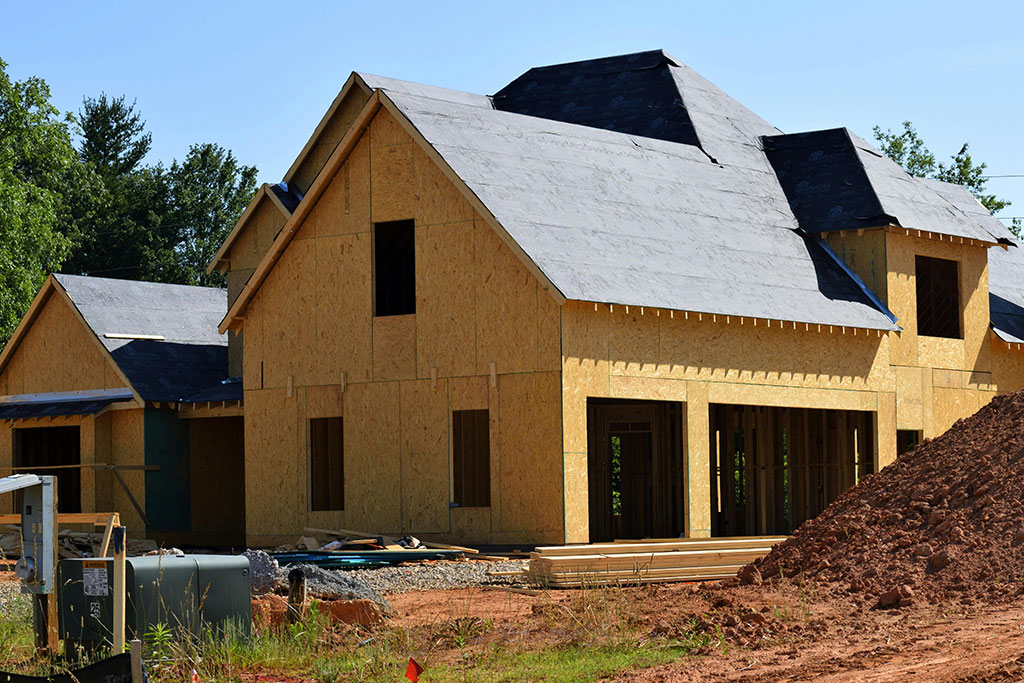Why Housing Inventory Shifts
While you might think of inventory as just a number, it can tell you a lot about the state of the market and how easy (or difficult) it may be to buy or sell a home at any given time.
That’s because it’s rarely stagnant—it is constantly rising and falling based on a variety of factors. Let’s break down why inventory may change and what causes it to go up or down.

The time of year
One of the biggest drivers of housing inventory is the time of year. Real estate typically follows seasonal trends, with more homes hitting the market in spring and summer. The nicer weather tends to inspire homeowners to list their homes and buyers to seek new ones. There’s also the reasoning that families often prefer to move in the warmer months to avoid disrupting the school year, and with more people on the hunt, more sellers are encouraged to put their properties on the market.
On the flip side, housing inventory usually drops during fall and winter. Many sellers don’t want to list during these slower months since fewer buyers may be looking and it can be harder to move during the holidays.
Economic conditions
Naturally, the overall economy plays a major role in whether inventory rises or falls. If it is doing well and people feel confident in their financial stability, they may be more likely to list their home or buy a new one. Conversely, economic uncertainty or a downturn can make buyers and sellers more cautious, leading to tighter inventory.
Mortgage rates
Higher mortgage rates can make homebuying more expensive, especially for first timers. As rates go up, potential buyers may hesitate to enter the market, leading to a decrease in demand. In turn, this can prompt sellers to hold off on listing their homes, reducing the number of properties for sale.
Lower rates, meanwhile, generally stimulate demand since buyers can afford to borrow more for the same monthly payment. And with a greater number of buyers entering the market, sellers may feel encouraged to list their homes, thus increasing inventory levels.

New construction
Another important factor is the rate of new construction. When more new homes are being built, housing inventory tends to rise. However, the pace of construction can be slow, especially when there is a shortage of labor or materials. In addition, not all new homes are affordable for first-time buyers, so the types being made will also impact overall inventory levels.
Population growth
As populations rise, more people need places to live, which increases demand for housing. In areas experiencing rapid growth or migration—like cities and states where the job market is booming—inventory might not be able to keep up, leading to a shortage. Some places, though, might experience an outflow of residents for opposite reasons; for anyone to whom said reasons would be irrelevant (such as remote workers), the resulting high inventory and low demand could create a good homebuying opportunity.
Local market conditions
On the note of regional variation, there are other conditions that can affect inventory levels in specific areas, including the availability of land, local zoning laws, and even natural disasters. For instance, a city with limited land for new homes may experience a persistent shortage of inventory, while a nearby one with more space for development may have a more balanced housing market.
As a buyer or seller, it’s important to understand inventory trends to make informed decisions. Working with a local real estate agent can help you navigate shifts and get the best deal for your specific situation.


















